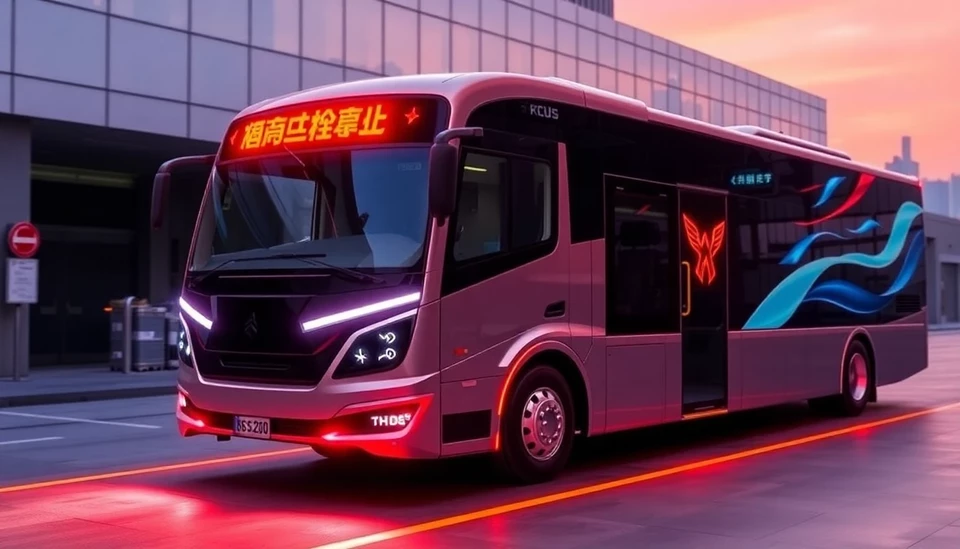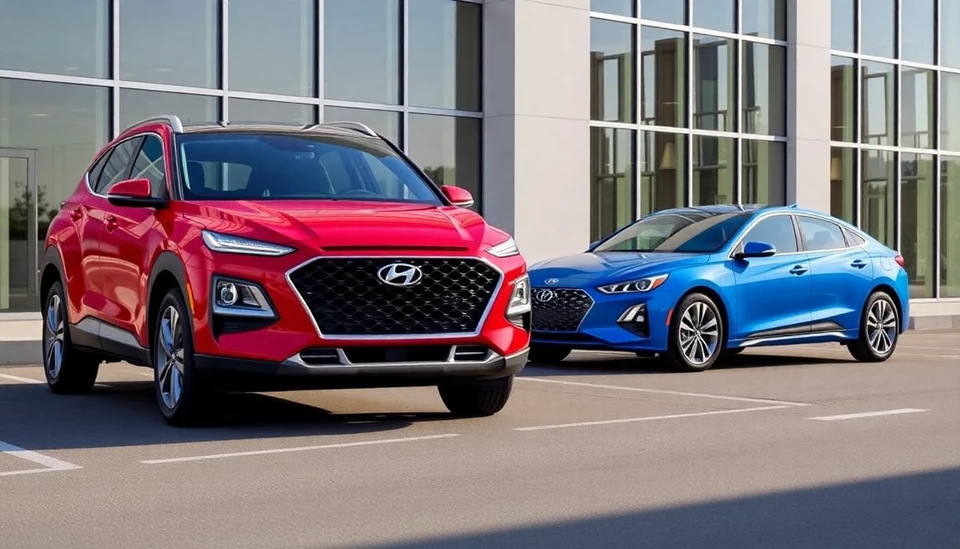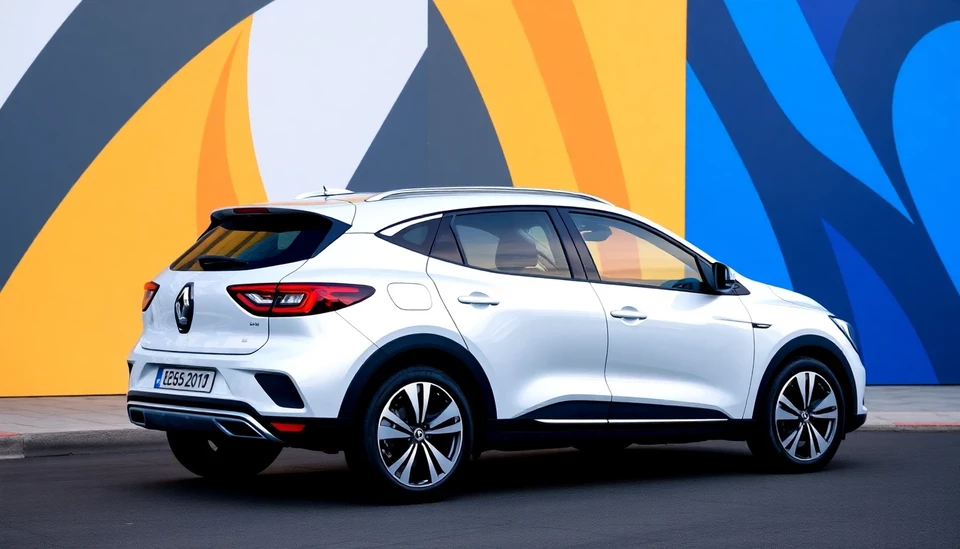
The electric vehicle (EV) landscape in China is undergoing a profound transformation, particularly in the realms of electric trucks and buses. Industry analysts have highlighted an unprecedented boom in demand driven by government policies, technological advancements, and a growing commitment to sustainability. This shift is not merely a trend; it represents a long-term change that could redefine the transportation sector in China and beyond.
According to recent reports, various companies have ramped up production to meet the surging demand for electric commercial vehicles. Leading manufacturers are accelerating the development and deployment of electric buses and trucks, aligning with China's ambitious goals to foster greener transport solutions. This push is essential as the nation seeks to curb carbon emissions and combat air pollution, especially in densely populated urban areas.
Government incentives play a pivotal role in this growth trajectory. Local and national programs are designed to subsidize the purchase of electric commercial vehicles, making them more affordable for companies interested in transitioning their fleets. These initiatives not only lower the financial barrier but also encourage fleet operators to explore alternative energy sources, thereby propelling the shift towards electric models.
Moreover, advancements in battery technology have contributed significantly to the optimism surrounding electric trucks and buses. Enhancements in battery capacity and efficiency enable these vehicles to cover longer distances with less frequent charging, alleviating concerns regarding reliability and operational downtime. This is a crucial factor for logistics companies that depend on efficiency and uptime for their operations.
Market players are also noting significant investments aimed at expanding EV infrastructure, particularly charging stations, which are critical for fostering the widespread adoption of electric trucks and buses. The Chinese government, in collaboration with private enterprises, is establishing extensive charging networks to support the influx of electric vehicles. Such infrastructure development is expected to pave the way for a smoother transition for operators switching from conventional diesel-powered vehicles to electric ones.
It’s not only manufacturers and fleet operators that are benefitting from this paradigm shift. The supply chain landscape is also evolving. Companies involved in the production of batteries, electric drivetrains, and supporting technologies are experiencing increased demand, leading to a tighter integration of industries focused on electric vehicle advancement.
Industry leaders believe that as China continues to push for greener initiatives, the appetite for electric trucks and buses will only intensify. Major events such as trade shows and industry conferences are likely to showcase advanced technologies that further supplement this market transformation.
In summary, the mounting demand for electric trucks and buses in China marks a pivotal moment in the evolution of the automotive industry. As government policies, technological advancements, and infrastructural developments converge, the future looks bright for electric commercial vehicles. This trend not only reaffirms China's leadership in the electric vehicle market but also sets a benchmark for global standards in promoting sustainable transportation.
As this sector continues to grow, stakeholders across the board are recognizing their roles and responsibilities in supporting a cleaner, greener future. With numerous opportunities on the horizon, the Chinese electric truck and bus industry is well-positioned to thrive in the coming years.
#ElectricVehicles #ChinaEV #SustainableTransport #ElectricTrucks #ElectricBuses #GreenTransport #BatteryTechnology #EVInfrastructure
Author: Samuel Brooks




